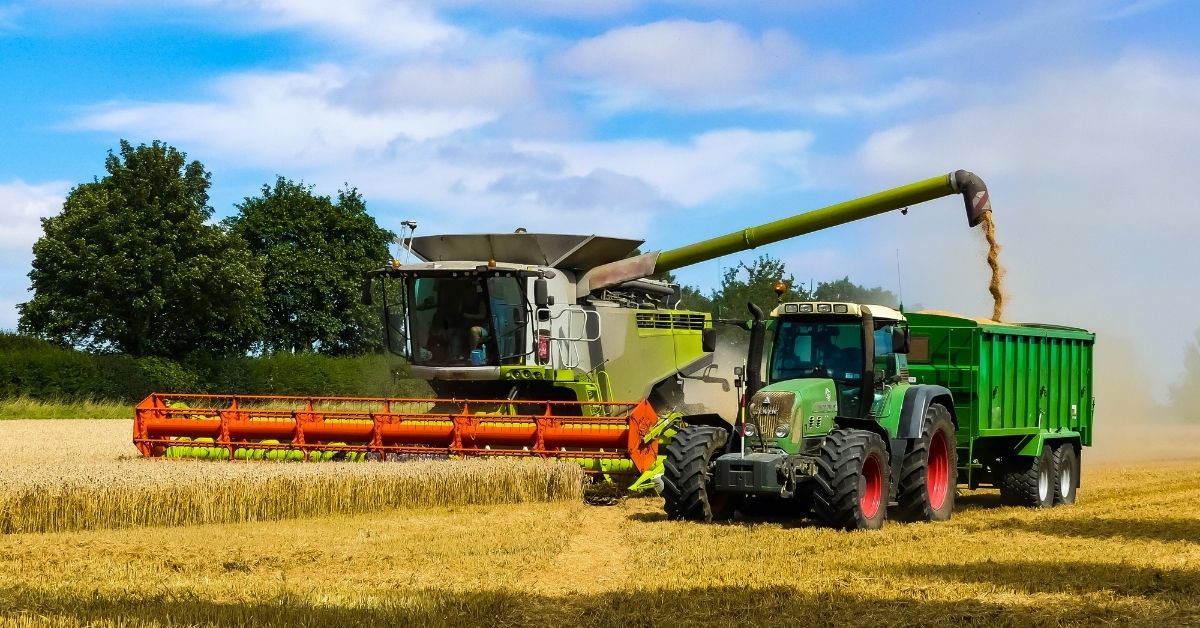trevorswaine
Member
Filled up today with standard diesel at the JET garage at Catterick Garrison, 150.9p per litre. Also for sale was XTL renewable diesel at 160.9p per litre. Anyone know anything about it? A quick google - on one forum it was suggested that it might not be suitable for older diesel engines.
Thanks everyone
Trevor
Thanks everyone
Trevor



